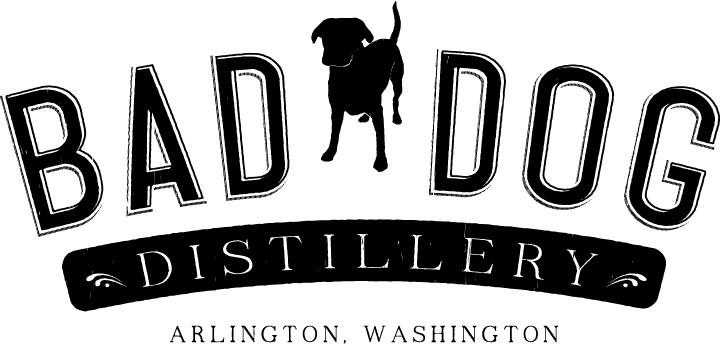The Start of American Whiskey
- In the late1700s, the Scots-Irish, from Northern Ireland, began arriving in the United States. They were the people that laid the foundations for the whiskey industry. The Scots-Irish settled in western Pennsylvania, western Maryland, western Virginia, and the western parts of North and South Carolina.
- American Whiskey was first unaged corn whiskey. Which is what most people know as “moonshine” these days.
Wars Funded by Whiskey
- In 1791, George Washington approved an excise tax on liquor to pay off the debt from the Revolutionary War. Hamilton had estimated the national debt at about $54 million, and on July 1, 1791, the government started to enforce an excise tax on all spirits--imported and domestic.
- The following year, 1792, the government reduced the taxes a little (down to around 7¢ per gallon from 11¢, dependent on proof) In 2014 the tax is $13.50 per 100 proof gallon.
- In 1794, a group of farmers in southwestern Pennsylvania physically opposed the tax on whiskey, forcing President Washington to send Federal troops to suppress the Whiskey Rebellion.
- Whiskey Rebellion was greatest domestic crisis of President Washington's administration.
The whiskey tax was repealed after Thomas Jefferson's Republican Party, which opposed Hamilton's Federalist Party, came to power in 1801.
- In 1862, President Abraham Lincoln was forced to reintroduce the excise tax on whiskey to help pay for the Union war effort. Once again, whiskey was being made to help finance the armed forces.
- Whiskey was a spirit of contention during the Civil War, and was, in part, the reason that Grant never served a third term in the White House.
Prohibition
- Prohibition started in 1920 and ended in 1933.
- Whiskey spurred the women of America to lead a crusade that led to Prohibition, and has played a part in every major war this nation has seen.
- Bootlegging—the Ford ’39 & ’40 was the most iconic bootlegging car of all-time. Mechanics had all kinds of tricks for getting more power out of these flathead V-8′s. They would bore them, stroke them, add hotter cams and add bigger carburetors. They would even put Cadillac ambulance engines – the biggest V-8s around at the time.
- Most often seen painted on the side of a big clay jug, “XXX” stood for moonshine—more specifically, for moonshine that had been triple-distilled.
- Popcorn Sutton was raided by the Bureau of Alcohol, Tobacco, and Firearms on his property in 2009 netted him an 18-month prison sentence. Popcorn, who had recently been diagnosed with cancer, pleaded to be given house arrest instead, but the request was denied. Shortly before he was to begin his sentence, he committed suicide by carbon monoxide poisoning.
- Today, in the US, it’s legal to brew your own beer at home in all 50 states (provided it is for personal use), but distilling one’s own liquor is strictly against the law. The reason is simple. The government might be mildly concerned with the health of people consuming bootleg liquor, but they are far more concerned with their checkbook. Spirits are taxed heavily. In some states, these taxes are in excess of $20 per gallon and a huge government monkey-maker. According to The Economist, the state of Virginia alone loses $20 million in annual revenue.






